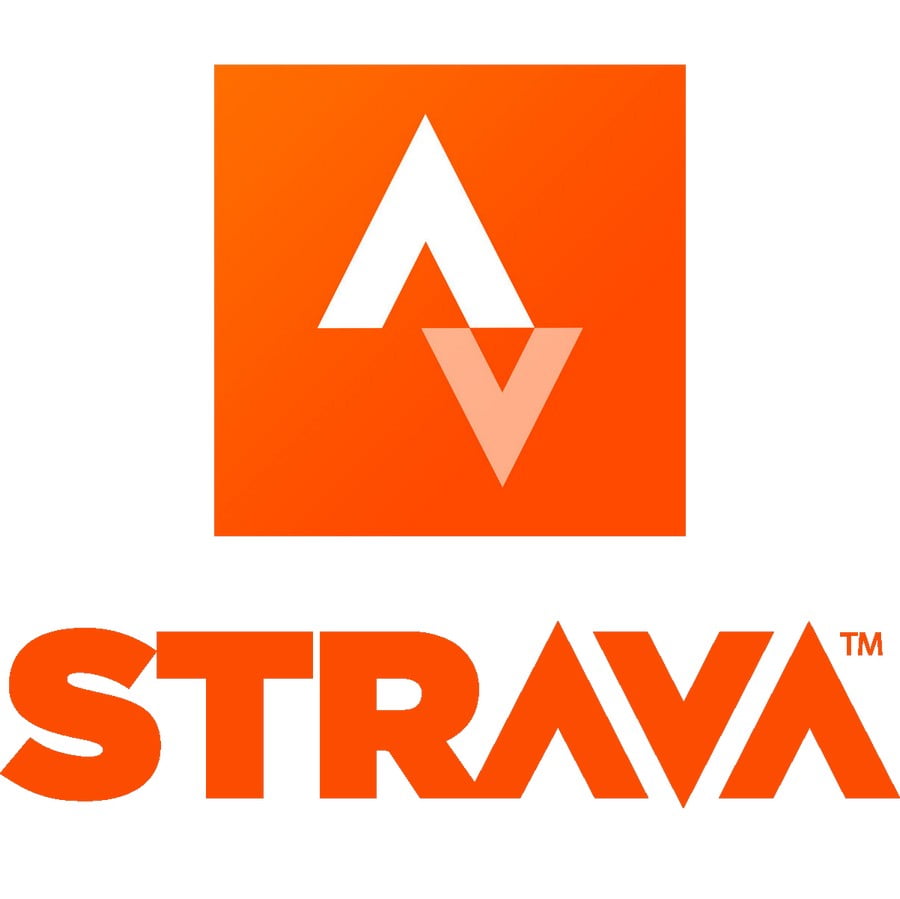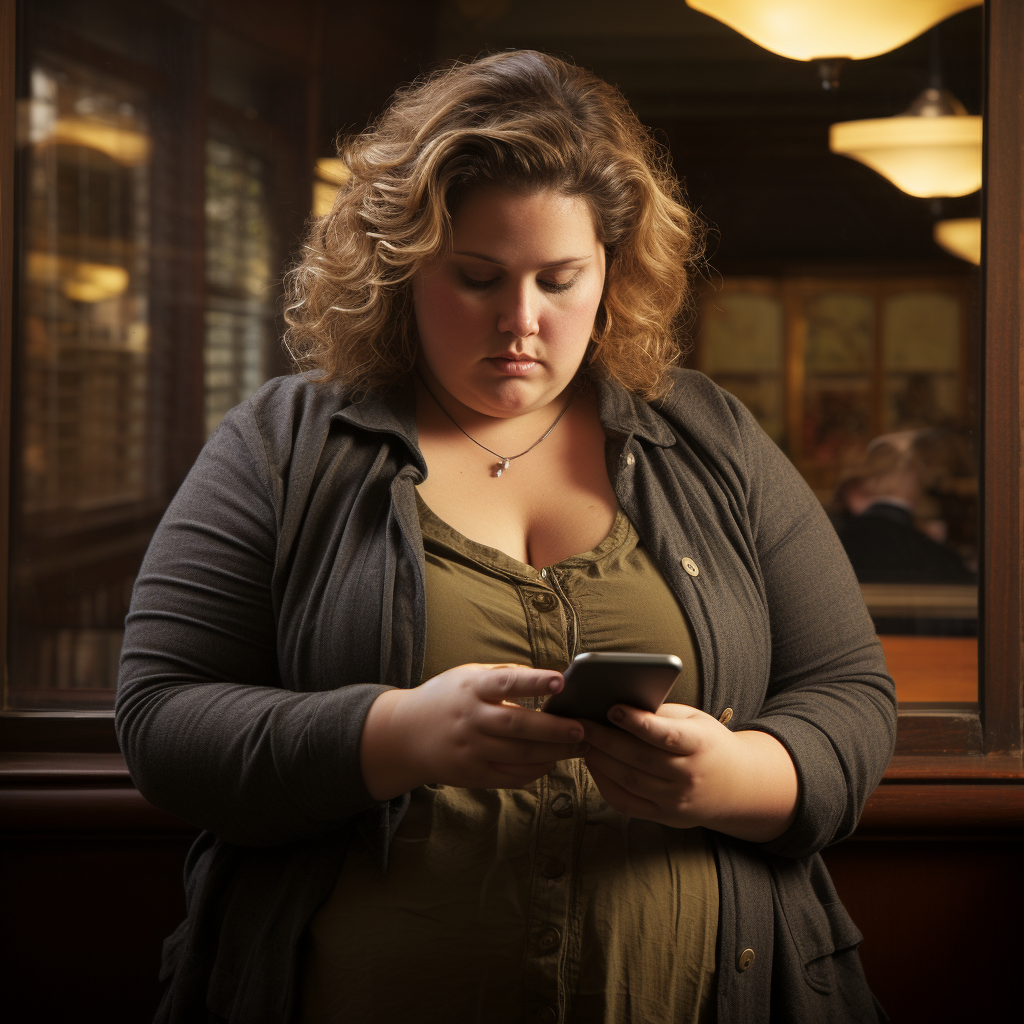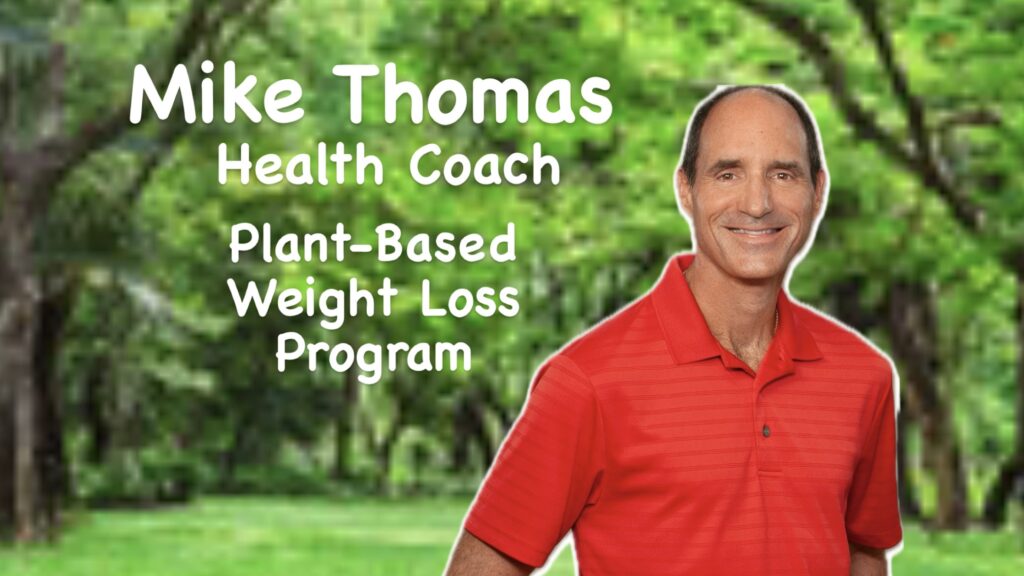By Mike Thomas, NBHWC February 15, 2024

When we’re trying to change our habits, it can be tough, especially in the long run. If you’re like most people, you might have some setbacks when switching to a healthier, plant-based diet. So, what do you do when these setbacks happen? How do you stay focused on your wellness goals? In this blog, we’ll talk about the idea of getting a “buddy” to help you on your wellness journey. We’ll discuss the benefits of having a buddy and different ways you can do it.
As a health coach, I sometimes match up the people I coach if they both want more support. This often happens during a call when they tell me they’re looking for extra help. I introduce them to each other by email and tell them they can use the “buddy system” in whatever way works best for them. I’ve seen amazing support and progress from these pairs.
Benefits of a Buddy
Accountability: When you have a buddy, you’re more likely to stick to your wellness plan because you know someone is counting on you to do so. As a health coach, I often ask my clients that have been with me for over 6 months about the benefits of coaching. Accountability often is the first thing that they say.
Motivation: Your buddy can keep you motivated and encouraged, especially when things get tough. Sharing your wins and struggles with someone who understands can keep you inspired to keep going.

Social Support: Wellness journeys can feel lonely, but having a buddy means you have someone to talk to, share experiences with, and celebrate successes together. Dr. Michael Arloski is a wellness coach, psychologist, and author and states that having friends and a community to support us is key to making healthy changes in our lives that last. This method (having a buddy) shows it’s easier to live healthier with support from others.
Smart Decision-Making: Having a buddy to talk to can help you make better decisions about your health, avoiding choices that might set you back on your goals. Getting another’s perspective when navigating through challenges and setbacks can be extremely beneficial.
Ways to get a Buddy
Join a Support Group or Online Community: Many wellness-focused organizations, fitness centers, or online platforms offer support groups or communities where individuals can connect with like-minded people who share similar goals. Joining such a group can help you find a buddy who understands your challenges and can provide support and encouragement along the way.

Recruit a Friend or Family Member: Sometimes, the best buddy is someone you already know and trust. Consider recruiting a friend, family member, or coworker who is also interested in improving their wellness. Having someone close to you as a buddy can strengthen your bond and make the journey more enjoyable. It is important that both individuals are clear that this “buddy” relationship is all about support, encouragement and void of judgment. Clear communication of this expectation is vitally important.
Use Social Media or Apps: Social media platforms and wellness apps can be great resources for finding buddies to help you stay on track with your goals. Look for communities or groups dedicated to health and wellness where you can connect with others who share your interests. Additionally, many apps offer features that allow you to track your progress and connect with friends for added accountability and support.

Ground Rules with a Buddy
Make It Simple. Having a buddy does not need to be cumbersome and outputting. We are all very busy living chaotic lives. So, keeping in touch with your buddy and using them to help you doesn’t have to be hard. Let’s say you want to be accountable for your diet. You could simply tell your buddy that you’ll eat 100% plant-based three days in the next week. Then, you can send them a text later to let them know how it went. It’s that easy!

Have Clarity. Make sure both friends understand they’re working together, their roles, and what they hope to achieve. Clear communication early on is key for support and meeting goals. Also, follow-ups can be just one way. For example, if someone wants to eat healthier, they can choose a friend to be their “buddy” for extra support and to help them stay on track.

Establish Regular Check-ins. Decide on a regular schedule for checking in with each other. This could be daily, weekly, or whatever frequency works best for you both. These check-ins will help keep you accountable and provide opportunities for encouragement and adjusting strategies as needed.
Offer Constructive Feedback. When giving feedback, be positive and constructive. Focus on encouraging progress and suggesting improvements gently, rather than criticizing.
Celebrate Achievements. Recognize and celebrate each other’s successes, no matter how small. This helps build motivation and reinforces the positive impact of your partnership.

Be Flexible. Understand that setbacks happen and be willing to adapt your plans as needed. Support each other through challenges and be open to changing your approach if something isn’t working.
What’s Up Doc?

Your doctor truly cares about your health and well-being, reminding you each year to eat healthier, lose a bit of weight, and start exercising. These suggestions come with the best intentions for your health. However, because our access to doctors is quite limited, they can’t really serve as our accountability partners. I only get to see my doctor for about 15 minutes during my yearly check-up, which isn’t enough for the regular support we need. While how often you need to check in for support can vary, I’ve noticed that a weekly check-in works well for many people.
Finally, I’ve just released a video discussing how finding a partner can significantly enhance your journey towards health and wellness, particularly focusing on plant-based weight loss. Hope you find it enjoyable!
God Bless!
Learn more about Mike:

This blog is for educational and informational purposes only and solely as a self-help tool for your own use. I am not providing medical, psychological, or nutrition therapy advice. You should not use this information to diagnose or treat any health problems or illnesses without consulting your own medical practitioner. Always seek the advice of your own medical practitioner and/or mental health provider about your specific health situation. For my full Disclaimer, please go to CoachMikeThomas.com.
